11 Collecting Myths About Antique Weapons Debunked
Collecting antique weapons is a fascinating hobby, but there are many myths surrounding it. Some people believe that all old weapons are valuable, while others assume that condition does not matter. In reality, there are many factors that affect the value and collectibility of a weapon. It is important to understand the truth behind these common misconceptions.
This post may contain affiliate links, which helps keep this content free. Please read our disclosure for more info.
All Old Weapons Are Valuable
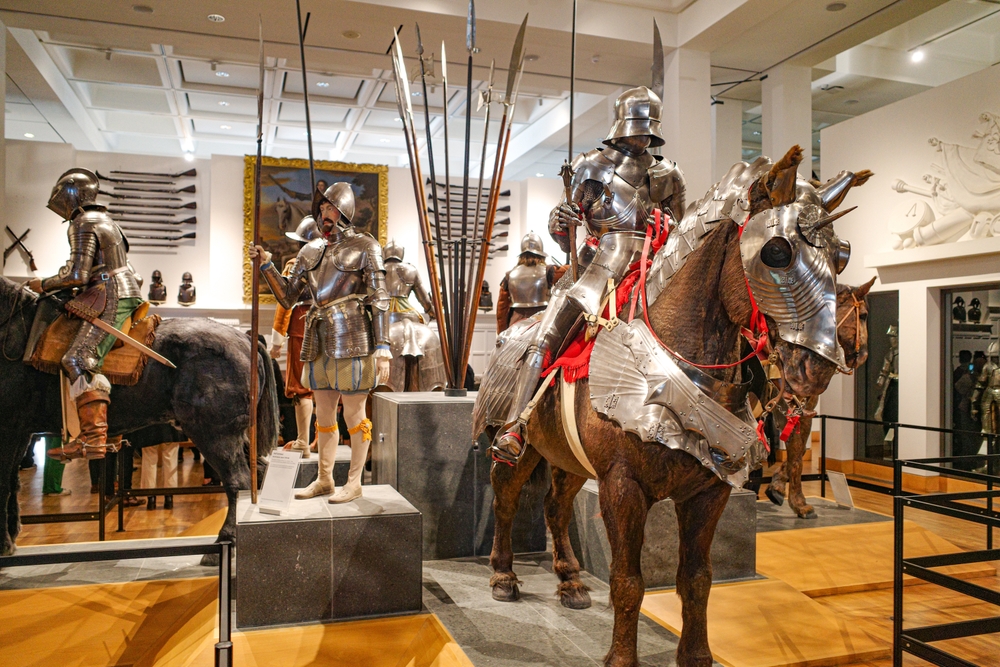
It is a common misconception that every antique weapon holds substantial value. Just because an item is old does not automatically make it worth a fortune. Factors such as the weapon’s condition, rarity, and historical significance play a much larger role in determining its worth. For example, some weapons that may seem rare could have been mass-produced, meaning they are less valuable to collectors.
Collectors should focus on the specifics of the weapon, like its origin, age, and any unique features it may have. In some cases, weapons that are in poor condition may not be worth much, despite their age. The best approach is to conduct thorough research to understand what makes certain pieces more valuable than others.
The More Expensive, The Better the Weapon
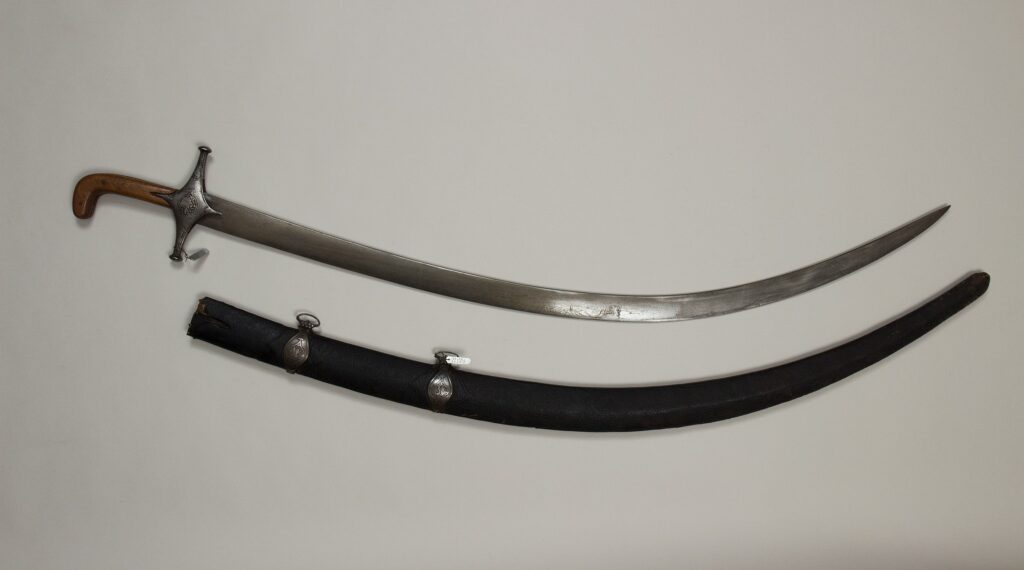
Many collectors believe that the higher the price, the better the weapon is, but this is not always true. While price can reflect quality, it does not always guarantee authenticity or significance. Sometimes, items with inflated prices are simply overpriced due to their rarity or the popularity of the weapon’s style. The most expensive antique weapon may not necessarily be the best fit for every collector.
It is important to evaluate each weapon based on its individual features and historical context. A weapon with a modest price may offer a great deal of historical value or represent a critical piece of military history. Price should not be the sole factor when making purchasing decisions.
Condition Does Not Affect Value
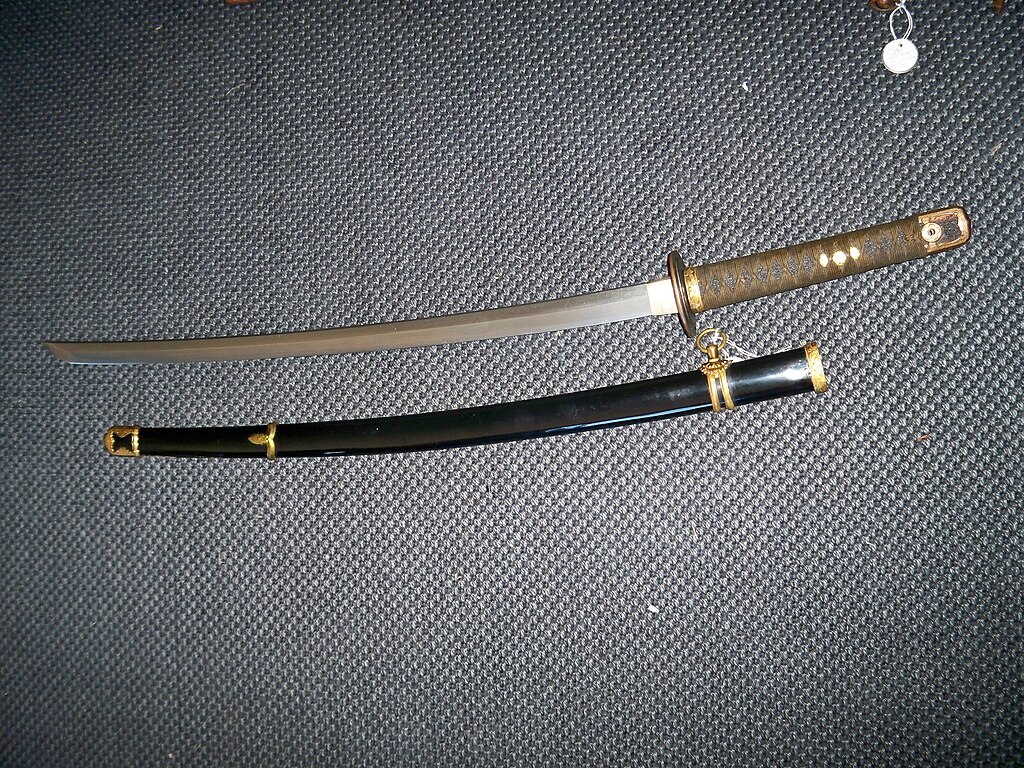
Condition is often overlooked by those new to collecting antique weapons. Some believe that as long as a weapon is old or rare, its condition does not matter. In reality, a weapon’s condition significantly affects its value, and even slight damage can lower its worth. Weapons in mint or near-mint condition are much more sought after by serious collectors.
Collectors should be cautious about purchasing poorly maintained weapons, as their value may be diminished by rust, cracks, or missing parts. Restoration may be an option, but it can be costly and may not fully restore the weapon to its original state. Always assess the weapon’s condition carefully before making a purchase.
Any Weapon Used in Famous Battles Is Highly Valuable
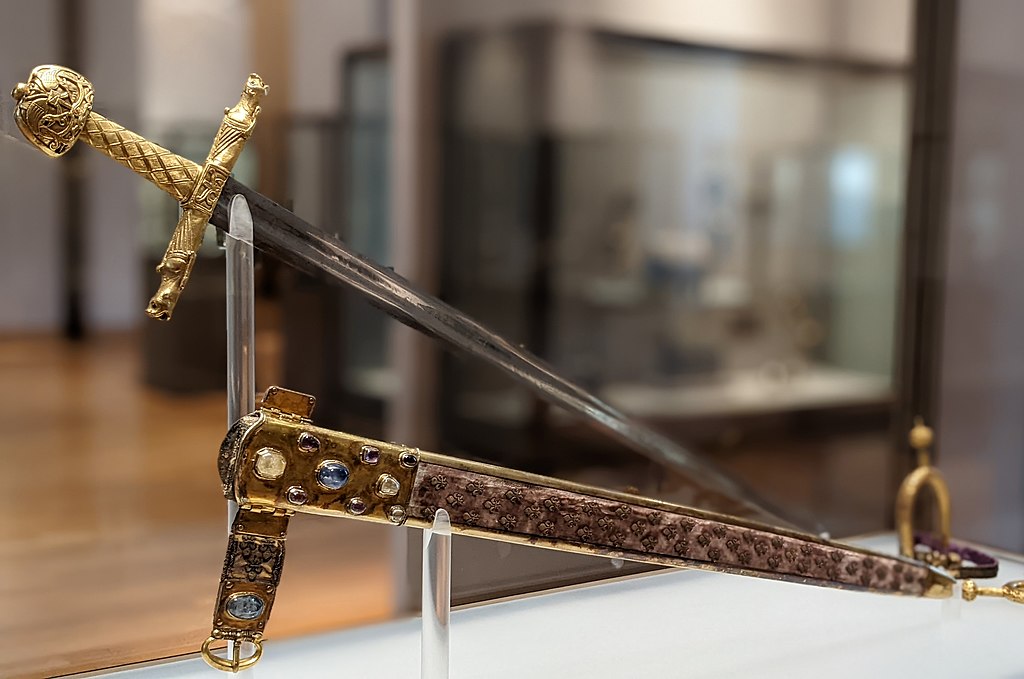
While weapons associated with famous battles are interesting, they are not automatically valuable. The value of a weapon from a historical battle depends on several factors, such as whether it can be linked to a specific individual or event. Many weapons used in wars have little to no documentation of their involvement in these battles, making them less valuable to collectors.
Collectors should focus on authenticity and provenance. If a weapon can be definitively traced back to a famous battle, it will likely have higher value. However, the lack of documentation or connection to a particular event can greatly reduce its worth.
Replicas and Fakes Are Easy to Spot
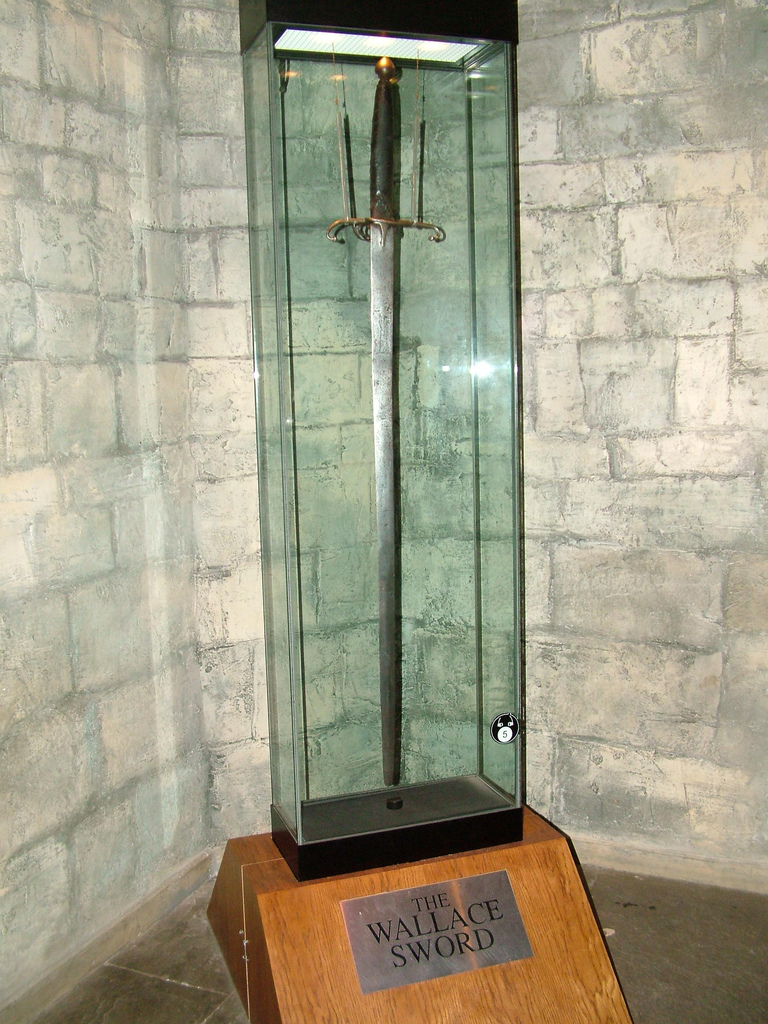
Many collectors believe they can easily identify replicas or fake weapons, but this is not always the case. The skill of modern craftsmen has made reproductions highly convincing, often fooling even seasoned collectors. Forgeries may have been meticulously crafted to mimic the appearance and feel of the original, making them difficult to distinguish without proper expertise.
To avoid falling for fakes, collectors should seek documentation and proof of authenticity when purchasing rare weapons. It is advisable to buy from trusted sources and use professional appraisers to confirm the legitimacy of the piece. Researching the weapon’s history and understanding its craftsmanship can help spot subtle differences that might reveal a forgery.
Collecting Antique Weapons Is Dangerous
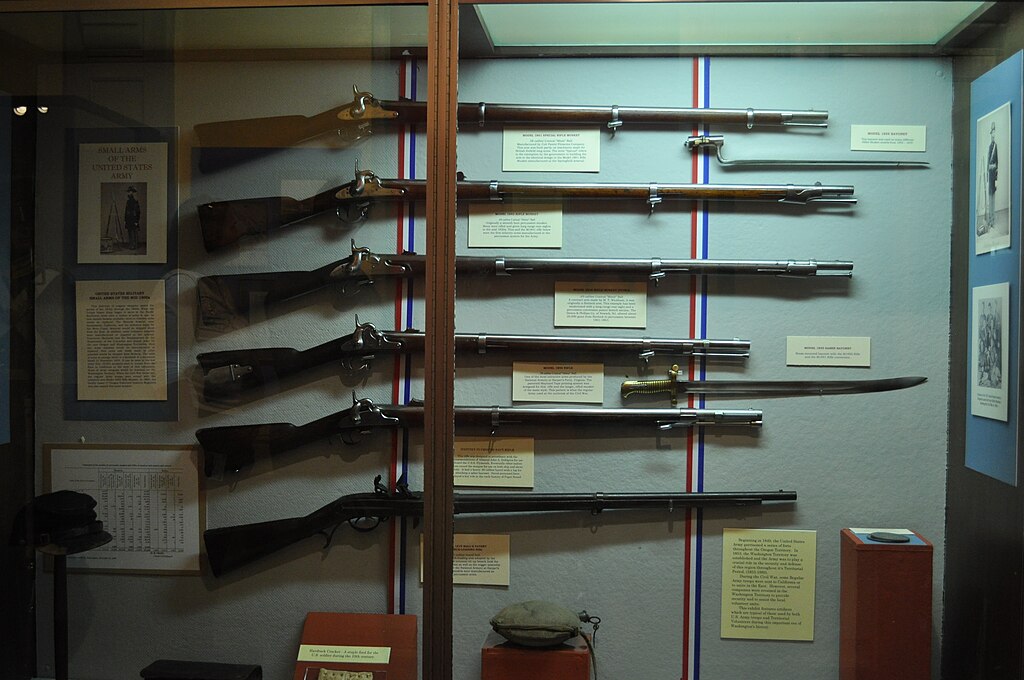
Some people shy away from collecting antique weapons because they believe it is dangerous. However, antique weapons are often not functional, especially if they are old or have been poorly maintained. Most collectors acquire weapons as pieces of history and artistry, not as tools for combat. Modern regulations also ensure that collectors must adhere to strict guidelines for safe handling and storage.
Proper storage and care can significantly reduce any risk posed by antique weapons. Many collectors display their items safely in glass cases or store them in secure environments to avoid accidents. It is important to handle antique weapons with respect, but the fear of danger is largely unfounded.
The Older the Weapon, the More Valuable It Is
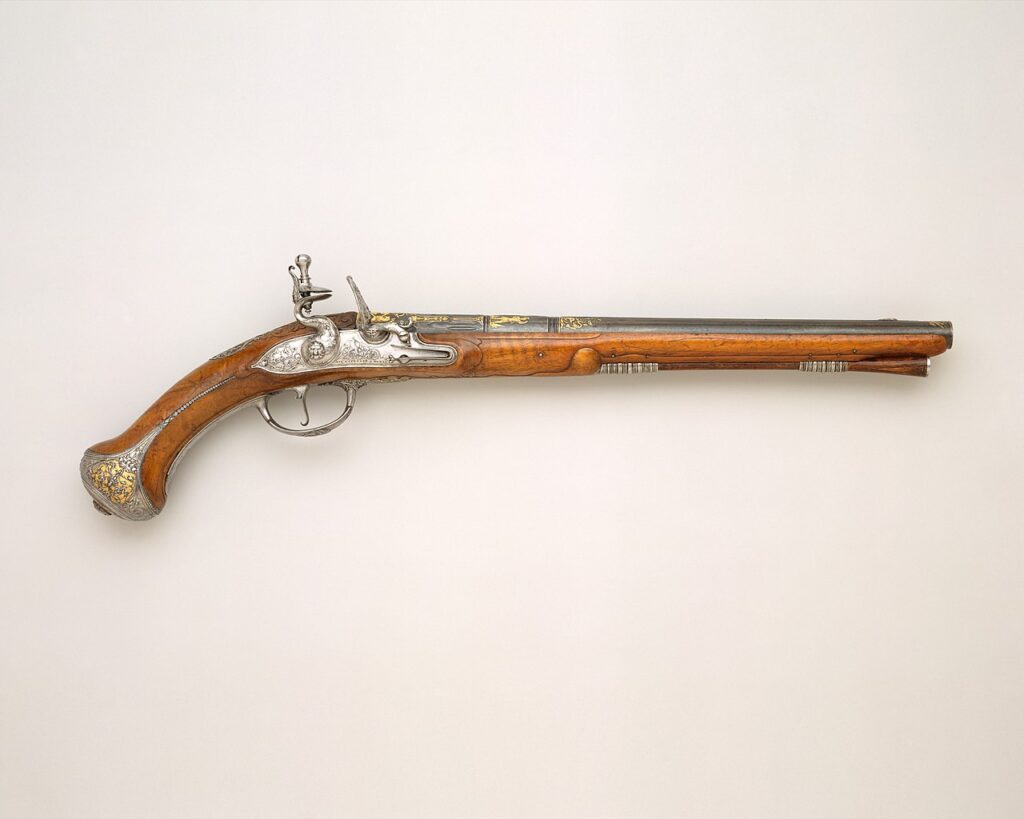
Many collectors mistakenly assume that the older the weapon, the more valuable it becomes. While age can contribute to the value of a weapon, it is only one factor among many. A weapon’s historical importance, rarity, craftsmanship, and condition often have a larger impact on its value than its age alone. A weapon from the 18th century may not necessarily be worth more than one from the 19th century.
Collectors should not place too much emphasis on age when evaluating a weapon. Instead, they should consider the broader historical context and the weapon’s unique qualities. Age may enhance the weapon’s appeal, but it is not the sole determinant of value.
You Need a Large Collection to Be Considered a Serious Collector
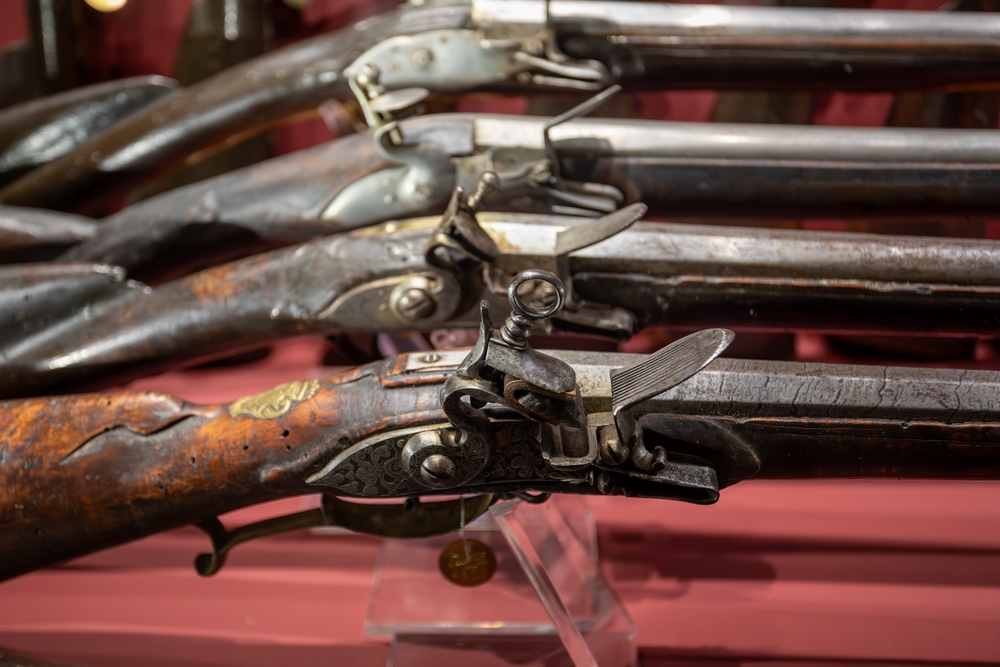
Some people believe that to be a serious collector of antique weapons, you must have an extensive collection. In reality, quality matters far more than quantity. A well-curated collection of unique, historically significant, and high-quality weapons is far more impressive than a large collection of lesser items. Focusing on acquiring valuable pieces with historical relevance is the key to becoming a respected collector.
Collectors should take the time to learn about each piece before acquiring it. The value of a collection lies in the careful selection of weapons that align with specific interests or themes. A smaller, more focused collection can be just as impressive as a vast one.
Antique Weapons Are Only For Wealthy Collectors
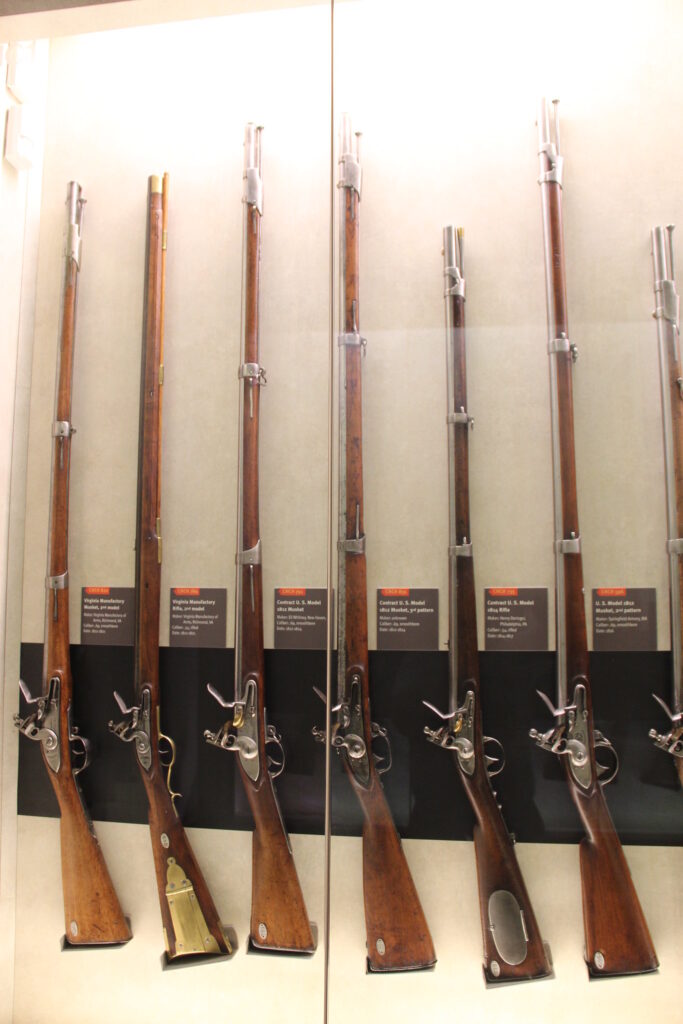
It is often assumed that collecting antique weapons is only for the wealthy, but that is not necessarily the case. While some rare and well-preserved weapons can fetch high prices, many other items can be acquired for reasonable prices. There are plenty of affordable options for beginning collectors, including pieces with less historical significance or those in need of restoration.
Collectors on a budget can find value in researching weapons from less well-known periods or regions. It is possible to start a collection without spending a fortune. As with any hobby, collecting antique weapons requires careful planning and research to find the best deals.
Weapons Must Be Kept in Perfect Condition to Be Valuable
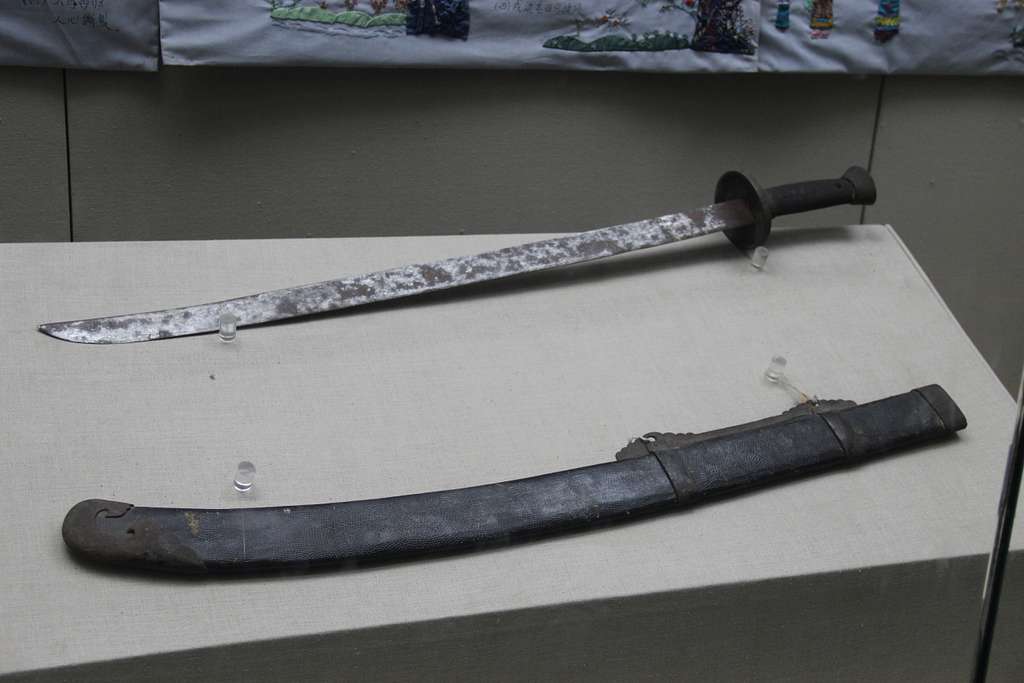
Many collectors believe that antique weapons must be in perfect condition to hold value, but this is not always true. While pristine condition certainly enhances a weapon’s worth, many items with slight wear or imperfections still retain significant value. In fact, weapons that show signs of age and use may even have more character and appeal to certain collectors.
Collectors should be aware that some imperfections, like patina or light rust, can add to the historical charm of a weapon. The key is to find a balance between condition and historical relevance. As long as the weapon remains structurally sound, minor wear can often increase its desirability.
Antique Weapons Are Only Valuable to Collectors
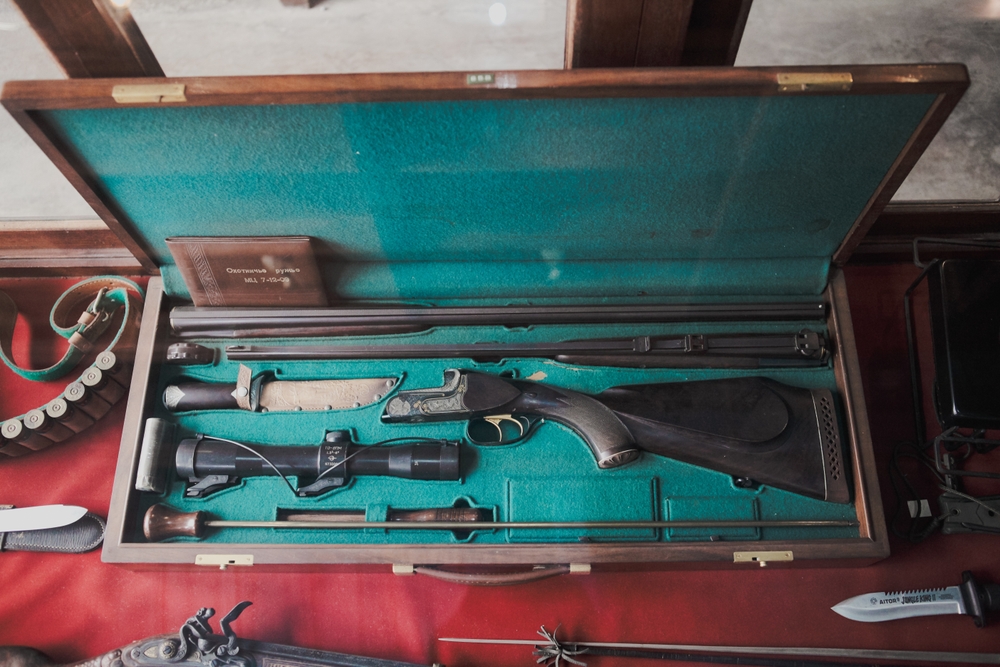
While antique weapons are highly sought after by collectors, their value can extend beyond the collector community. Museums, historical societies, and even film producers may seek these items for educational or cinematic purposes. Some weapons are displayed in exhibitions or used in movies and documentaries, increasing their visibility and significance.
Antique weapons are valuable pieces of history and culture. Their impact goes beyond just the collector’s market and can influence education, art, and public history. As such, their value should not be solely viewed through the lens of a private collection.
This article originally appeared on Avocadu.
